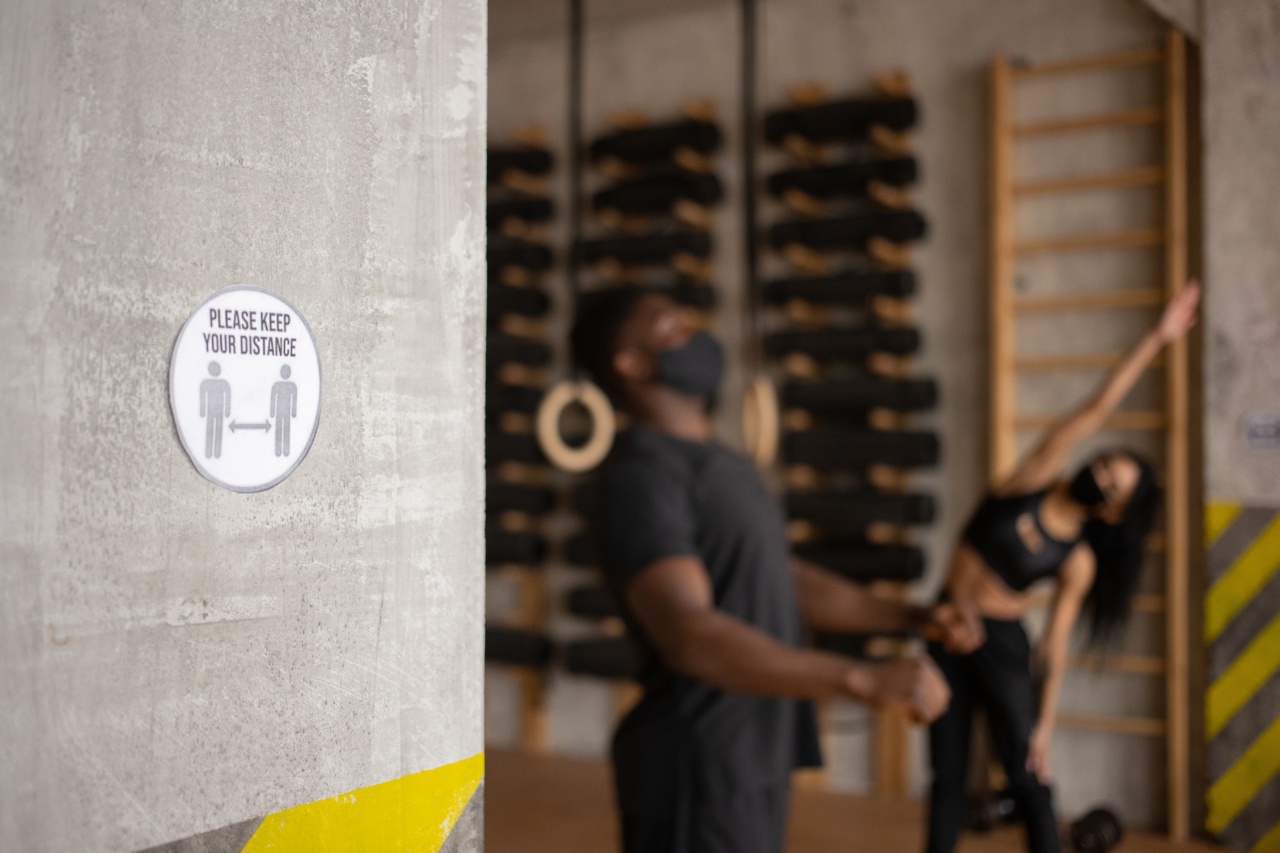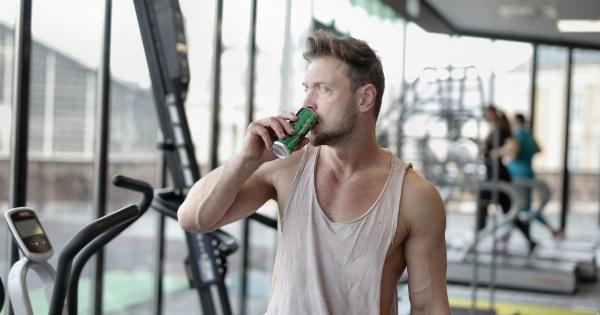When it comes to getting the most out of your workouts, what you consume before hitting the gym can make a significant difference.
Just like filling a car with the right fuel before embarking on a long journey, nourishing your body with the appropriate pre-workout nutrition can help enhance your performance, increase endurance, and optimize muscle growth. This article will explore the top foods and supplements to consume before the gym to boost your workout.
1. Complex Carbohydrates
Complex carbohydrates are an excellent source of sustained energy, making them a perfect choice before a workout. These carbohydrates break down slowly, providing a steady supply of glucose to fuel your muscles.
Opt for foods such as whole grains, sweet potatoes, brown rice, quinoa, and oats. These options are rich in fiber and provide essential nutrients along with their energizing properties.
2. Protein
Including a protein source before hitting the gym is crucial for muscle repair and growth. When you exercise, tiny micro-tears occur in your muscles, and consuming protein beforehand can support the recovery process.
Additionally, protein consumption can help decrease muscle breakdown during exercise. Good sources of pre-workout protein include eggs, Greek yogurt, cottage cheese, protein shakes, and lean meats.
3. Fruits
Fruits are packed with vitamins, minerals, and simple carbohydrates, making them an excellent choice to provide you with quick energy before a workout.
The natural sugars found in fruits can give you an instant energy boost, while the fiber helps slow down their absorption, preventing blood sugar spikes and crashes. Grab a banana, apple, berries, or any other favorite fruit as a pre-gym snack.
4. Coffee or Caffeine
If you’re looking for an extra kick to enhance your workout, caffeine can be your go-to option. Caffeine stimulates your central nervous system, increasing alertness and reducing fatigue. It can also improve endurance, focus, and muscular strength.
A cup of black coffee or a caffeine supplement consumed about 30-60 minutes before your workout can help you power through intense sessions.
5. Nuts and Nut Butters
Nuts and nut butters are excellent sources of healthy fats, protein, and fiber. They provide a sufficient amount of calories to fuel your workout and can help you feel full for longer.
Almonds, walnuts, cashews, and peanut butter are some great options to consider. However, be mindful of portion sizes, as they are calorie-dense foods.
6. Pre-Workout Supplements
If you’re looking for an extra boost and convenience, pre-workout supplements can be a viable option. These supplements typically contain a combination of ingredients like caffeine, creatine, beta-alanine, BCAAs, and nitric oxide boosters.
They are designed to improve energy, focus, strength, and endurance. Remember to choose a reputable brand and follow the recommended dosage instructions.
7. Hydration is Key
Ensuring proper hydration is essential before any workout. Even mild dehydration can significantly impair performance levels.
Water is the best choice to hydrate your body, but if you’re engaging in a prolonged or intense workout, consider a sports drink that contains electrolytes to replenish what you may lose through sweat.
8. Timing Matters
Aside from the types of foods and supplements you consume, the timing of your pre-workout meal is also crucial. Ideally, you should aim to eat a balanced meal or snack containing carbohydrates, protein, and fats around 1-3 hours before your workout.
This timeframe allows your body to digest and absorb the nutrients, providing a steady stream of energy throughout your training session.
9. Personal Factors and Preferences
It’s important to remember that individual preferences, tolerances, and goals should dictate your pre-workout nutrition choices. Experiment with different foods and supplements to find what works best for you.
Some individuals may prefer a lighter snack, while others may opt for a more substantial meal to fuel their workout.
10. Listen to Your Body
Ultimately, paying attention to your body’s needs and cues is vital. While specific guidelines can help you make informed decisions, everyone is unique, and what works for one person may not work for another.
Monitor how different foods and supplements affect your performance, energy levels, and overall well-being. Making adjustments based on your body’s feedback will help you optimize your workout routine.






























